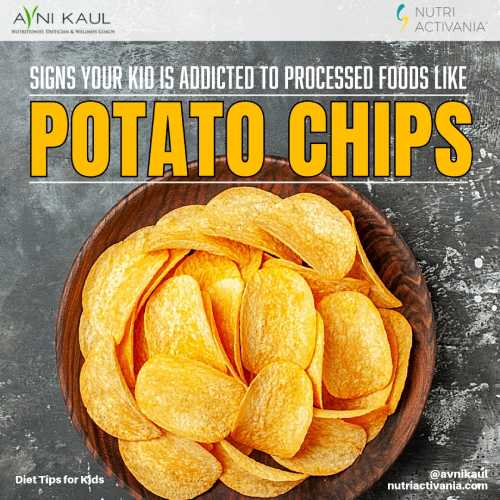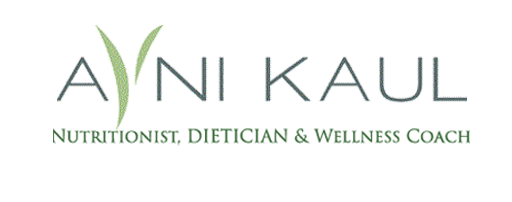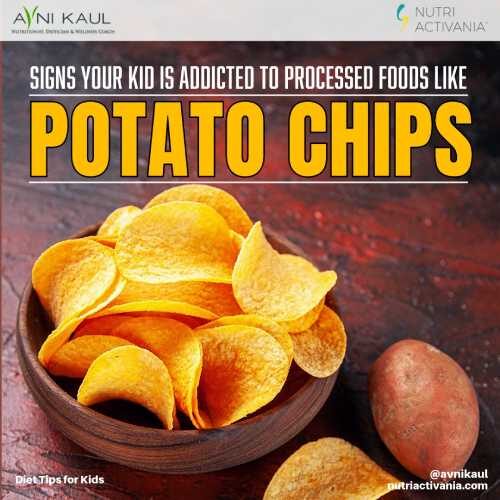Imagine a bowl of fresh fruits sitting next to a tempting packet of potato chips. Odds are, most children would reach for the chips without a second thought. But why? Welcome to the world of food addiction, where the allure of highly processed snacks can be irresistible.
While not formally recognized as a clinical substance use disorder, food addiction describes a pattern of compulsive or uncontrollable eating that isn’t driven by hunger but rather by the intense pleasure derived from certain foods.
These highly rewarding foods, packed with sugar, fat, and salt, have a potent effect on the brain’s reward circuitry, triggering a surge of dopamine similar to what occurs with addictive substances like drugs and alcohol. This dopamine rush fuels a relentless cycle of consumption, often leading to adverse physical, emotional, and social consequences, despite attempts to resist. So, the need of the hour is to identify these signs of addiction that will help your child lead a healthy life as explained by leading child dietician and nutritionist in Delhi, Avni Kaul.
What are the signs to look for that shows your child is addicted to processed foods?
Hoarding or Stockpiling
A child addicted to processed foods may develop a habit of stockpiling their favourite snacks in various places, such as their room, backpack, or hidden spots around the house. This behaviour arises from a deep-seated fear of running out of their preferred food and a strong desire to maintain constant access to it.
The act of hoarding food can manifest in different ways, including keeping leftovers in unconventional places, like under their bed or in a drawer away from their parents’ view. However, this practice poses serious health risks, as it can lead to the growth of harmful bacteria and potentially cause food poisoning, especially if the child’s immune system is weak.
Hiding Food
Children may develop cravings for processed foods due to their highly palatable and addictive nature, which often includes additives that stimulate pleasure centers in the brain. This can lead to secretive behavior in obtaining and consuming these foods, including the creation of secret stashes of items like cookies, cakes, chips, and candy, which are easily concealable and shelf-stable.
Children addicted to chips or similar snacks may hide and consume them excessively, masking their consumption. This behavior may indicate using food for comfort or coping with emotions, suggesting underlying emotional issues.
Uncontrolled Craving
Persistent cravings for a specific food, even when not physically hungry, marked by an inability to control consumption despite negative consequences is a perfect tell-tale sign of food addiction. In children, addiction may manifest as an uncontrollable urge to finish an entire packet of chips in one sitting.
These intense cravings, unrelated to energy or nutrients, often involve the brain seeking dopamine release, contributing to emotional outbursts if denied.
Too dependent on processed food
If your child finds it difficult to resist processed foods like chips, it could be a sign of addiction. They may set rules to avoid these foods but struggle to stick to them when cravings arise. Similar to quitting smoking, they might justify indulging by not purchasing the food themselves but still consuming it from friends or elsewhere. This behavior suggests a dependence on processed foods.

When your child ignores physical discomfort
Eating habits greatly impact health. Junk food can cause weight gain, acne, fatigue, and dental issues in the short term. Long-term effects include obesity, diabetes, heart disease, and cancer. If your child is struggling to change unhealthy eating habits despite health problems, seeking professional help is advised. Qualified professionals can create a treatment plan to address eating disorders effectively.
Now that you are aware of these signs, it is crucial to observe your child’s behavior closely. Early identification can lead to timely intervention and support, ensuring they lead a healthier, balanced life free from the grips of food addiction.
What are the healthy alternatives to chips?
When it comes to providing healthy snack options for kids as an alternative to chips, there are plenty of delicious and nutritious choices to consider. Instead of reaching for a bag of salty, processed chips, opt for snacks that are packed with vitamins, minerals, and fiber. Some of the healthy alternatives are:
Roasted chickpeas: Crunchy and flavorful, roasted chickpeas are high in protein and fiber, making them a satisfying snack that can be seasoned with various herbs and spices for extra flavor.
Rice cakes with avocado: Spread mashed avocado on top of a whole grain rice cake for a crunchy and nutritious snack rich in healthy fats, fiber, and vitamins.
Trail mix: Create a custom trail mix with a mix of nuts, seeds, and dried fruits for a crunchy and energizing snack that provides a balance of protein, healthy fats, and carbohydrates.
Homemade Corn Chips: Make your own corn chips by cutting corn tortillas into triangles or strips, brushing them lightly with olive oil, and baking them until crispy. This homemade alternative to store-bought chips is lower in sodium and free from artificial additives.




